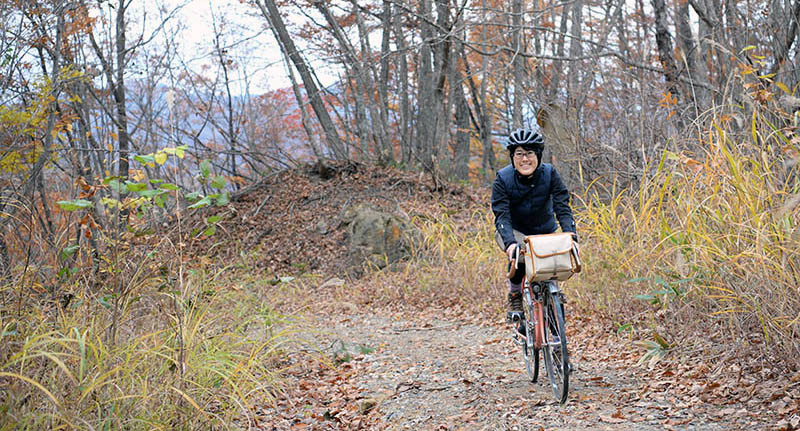Stop Asian Hate
I never thought of myself as Asian, because I lived in Japan most of my life, where I was just like everybody else. Only when I came to Seattle did I notice that I may look like a stereotypical Asian woman: I’m not very tall; I tend to smile when I’m happy; I don’t speak loudly; and my sense of fashion doesn’t trend toward power dressing.
Perhaps that’s why I noticed all the small and large discrimination that Asians, and especially Asian women, can be subjected to. In the past, I’ve tried to be proactive. Ignore comments from strangers that were intended to harass me. Avoid certain parts of town. Never speak up or fight back, no matter how uncomfortable the situation was.
But that strategy doesn’t work any longer. Just a few weeks ago, an Asian woman was attacked in Seattle’s International District, near the grocery store where we often shop. She suffered broken teeth, her partner was also injured, and many Asians were traumatized. The attack didn’t even make the headlines in the local news.
Since Covid started, I’ve felt restricted in what I could do. At first, I was scared wearing a face mask in public, until the recommendations changed. Now I’m afraid to walk alone in most parts of Seattle.
The most recent attacks in Georgia have also made me reflect on what it means to be an Asian woman in the western world. Asian women are often seen as weak and vulnerable, who subjugate themselves to men, and who are unlikely to be skilled professionals. We are certainly not expected to have opinions, and if we have them, we should not voice them. It seems that the misogyny that all women experience increases exponentially when we are Asian. It’s something that took me by surprise. It’s true that there is some misogyny in Japan, too, but it’s nowhere nearly as extreme – simply because half of the population in Japan are Asian women, so we’re seen more as individuals than as stereotypes.
Once people see me as a person, they usually treat me well. Whether it’s cyclists I meet at the Bicycle Quarterly Un-Meeting or people I work with professionally, they see me as an individual and respect me and my work. However, there have been others who could not see beyond the stereotypes, who already decided who I was before they got to know me.
I think it’s important to resist stereotyping, to see people as individuals. Whether it’s projecting fears about Covid or sexualized images, or simply discounting the qualifications of Asians and especially Asian women, it all does great harm and makes it difficult to feel safe. Let’s see and hear each other for who we really are. That will be a good start to understand and value each other. We’ll all benefit from that.



